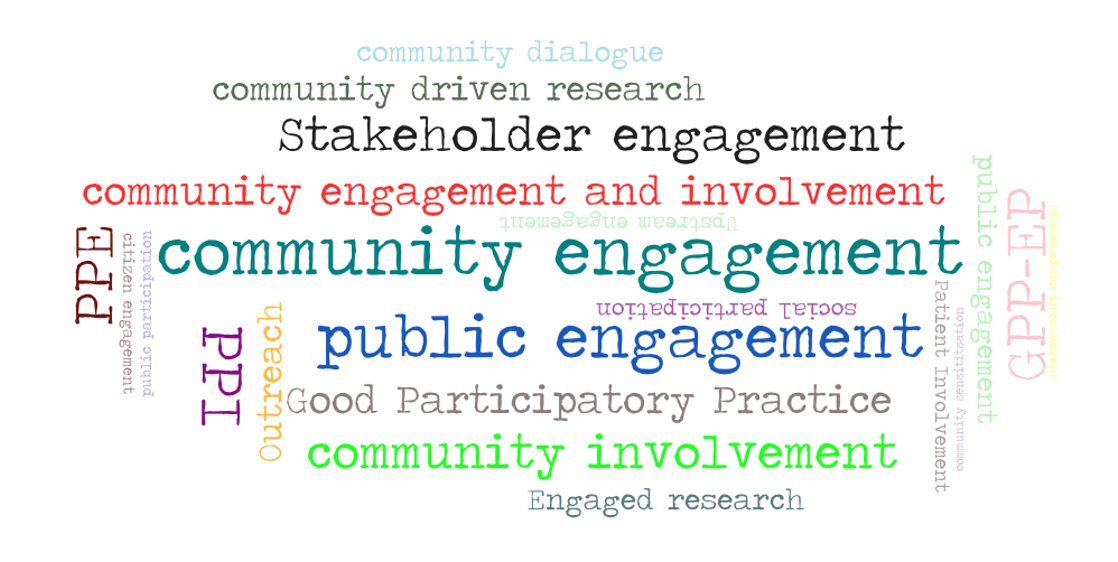Mesh is a free, collaborative, open-access knowledge hub and networking spaces for people working in community engagement with global health research
It provides neutral online and face-to-face spaces where community and public engagement practitioners, researchers, health workers and others can network, share resources and discuss good practice. Mesh runs workshops and events, curates theme areas on key topics in engagement, showcases innovative projects and shares news from the field.
Mesh was created in 2016 through a partnership between Wellcome Trust and The Global Health Network. The project is built on the premise that engaging communities with research is vital to improving human health, especially in regions most affected by health inequality and disease. We believe that high-quality engagement has the goal of generating mutual benefit between the public and researchers and ultimately enhancing the relevance and impact of health research. Mesh uses the recognized components of a web portal and a Community of Practice to support the development of the field of Community Engagement.
What is Community Engagement?

There are several overlapping terms that are used when talking about engaging non-researchers with health research. These terms include public engagement, community engagement, public outreach, public and patient involvement, co-production, and participation. Each is defined differently by different organizations and individuals, but the broad aims are to open science and research to the public and to bring new perspectives to enhance research.
The Mesh hub does not exclude any definitions of engagement, but instead fosters a community that works across the spectrum of engagement and involvement to explore and share all possible approaches and outcomes. Mesh’s philosophy is that engagement should maximize the impact of health research to ensure research questions, methods, and outcomes are relevant to communities and will help to build a healthier society for us all.
New to the site? Find out how to Get started with Mesh
Find out more about our mission, approach and Theory of Change in the Mesh Strategic Plan
